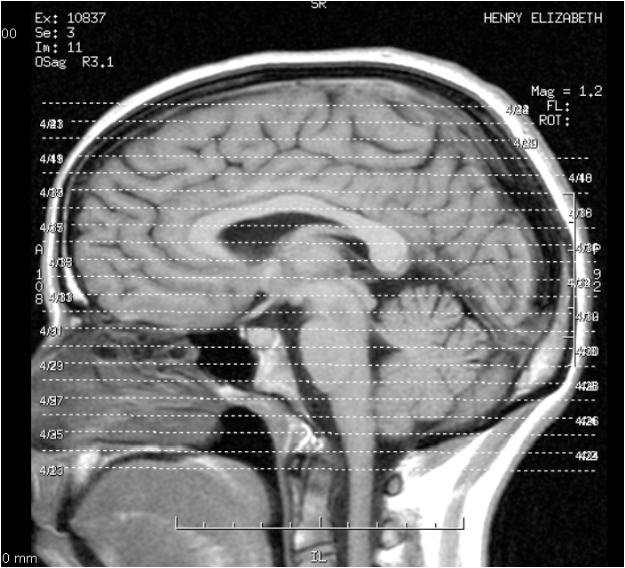Over the past few years, public health organizations, academic studies, and governing bodies have linked a few foods and beverages to increased cancer risk and have labeled them carcinogenic, something capable of causing cancer.
Here are some foods that, when consumed, have been linked to potentially increasing one’s risk of getting cancer.
Alcohol
Alcohol is recognized as a known carcinogen by major authorities such as the American Cancer Society and the National Institute of Health.
According to the National Cancer Institute, alcohol consumption has been linked to head and neck cancer, esophageal cancer, liver cancer, and other cancers.
The World Health Organization defines processed meat as meat or meat byproduct that has been “transformed through salting, curing, fermentation, smoking, or other processes.”
Red meat
In a study by the World Health Organization’s International Agency for Research on Cancer, red meat was found to be a probable carcinogen.
Consumption of red meat is primarily linked to an increased risk of colorectal cancer, as well as pancreatic and prostate cancer.
How meat is cooked
Certain methods of preparing meat, like barbecuing and pan-frying, can increase the production of certain carcinogenic chemicals.
For this reason, the World Health Organization has categorized high-heat methods of cooking in which food comes in direct contact with a flame or hot surface as a probable carcinogen.
Chinese-style salted fish
This dish, primarily found in southern China, has been labeled carcinogenic. Several studies have linked the dish to an increased risk of nasopharyngeal carcinoma and stomach cancer in individuals, especially if consumed in early childhood.
Chemical compounds formed in the production process are believed to be the reason the food has been labeled a carcinogen.
Very hot beverages
The World Health Organization’s International Agency for Research on Cancer performed research, which found that beverages consumed at over 149 degrees Fahrenheit are a probable cause of cancer.
Hot beverages like coffee and tea can commonly be served at this temperature or higher.
Dairy remains in question
While limited data exist to demonstrate a strong relationship between dairy and cancer risk, some studies have drawn conclusions that dairy consumption is a potential risk factor for several types of cancer, such as testicular cancer and ovarian cancer.
Although none of these studies has been conclusive or sweeping enough to label dairy as a carcinogen, there are some previously studied correlations that could lead to more studies on dairy and cancer risk in the future.



